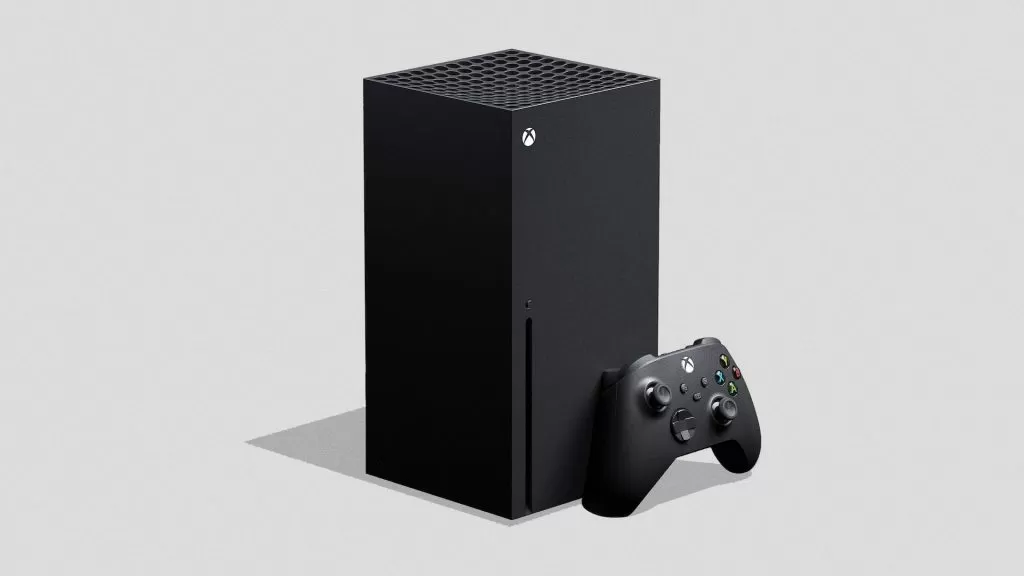Xbox Series X and the PlayStation 5 Will Utilize SSDs For Much More Than Just Faster Loading Times
Upcoming next-gen consoles – the Xbox Series X and PlayStation 5 – will bring SSD storage to the console world. The primary function of an SSD was clear from the moment the news broke. With an SSD, loading times on next-gen consoles will be orders of magnitude faster than on current hardware. But, could the next-gen consoles gain additional benefits by implementing SSD storage? Well, the latest video by Digital Foundry sheds some light on the topic.

SSDs Will be Used as Virtual RAM in the Xbox Series X and PlayStation 5 – A Massive Games Changer for Next-Gen Consoles
In the video, which you can watch below, Richard Leadbetter, Technology Editor at Digital Foundry, talks about his recent article and responses he received. Tweets from Phil Spencer, the head of Xbox, and Tom Warren, Senior Editor at The Verge, strongly suggest that the SSD will play a huge role in the Xbox Series X.
Aside from virtually eliminating loading times, SSD will be used as a virtual RAM. DDR6, the memory that will be used in next-gen consoles, is still quite expensive. So we probably won’t see more than 16GB of memory in these machines. This looks like a lot, but it really isn’t. The Xbox One X, for instance, has 12 gigabytes of RAM, and adding 4 more won’t bring tons of improvement. But, if an SSD storage can be used as RAM, it could do wonders for next-gen titles.
The primary memory can be used for loading objects and assets that are relatively near the player. Virtual RAM, which is much slower, can be used for assets that are far away. Think of distant landscapes and cities in open-world games. Virtual RAM could be used for a generational jump similar to what we saw in 2006.
PCs Could Become Second Tier Gaming Machines Again
This tech could bring vast worlds with incredibly detailed in-game objects. And we probably already saw the first glimpse of the future. Xbox Series X console probably rendered the recently released Hellblade 2 trailer. If the next-gen consoles really manage to achieve that level of visuals well, PCs will again be second-tier gaming machines for years to come.
Because, until the large majority of gaming PCs get equipped with ultra-fast NVMe SSDs, developers will create PC ports for the lowest common denominator. And that’s the super slow physical hard drive. That could mean the next-gen games could push the ante up considerably when it comes to system requirements. A thing that was rather tame during the current generation of consoles. Alternatively, it could only mean that, in a year or so, we all should get fast NVMe SSDs for our PCs in order to enjoy next-gen games in all their splendor.

